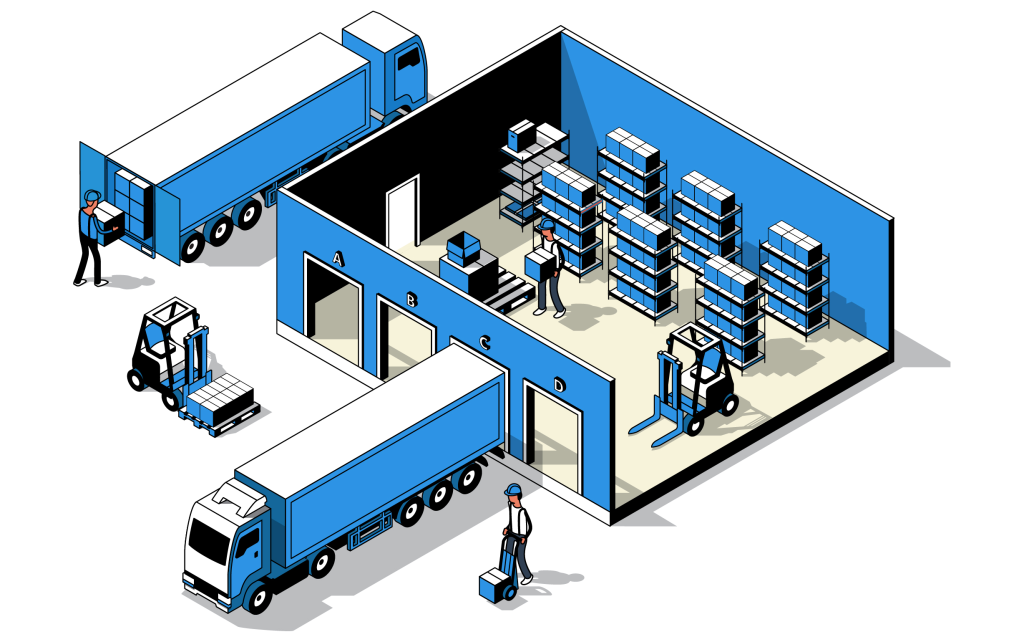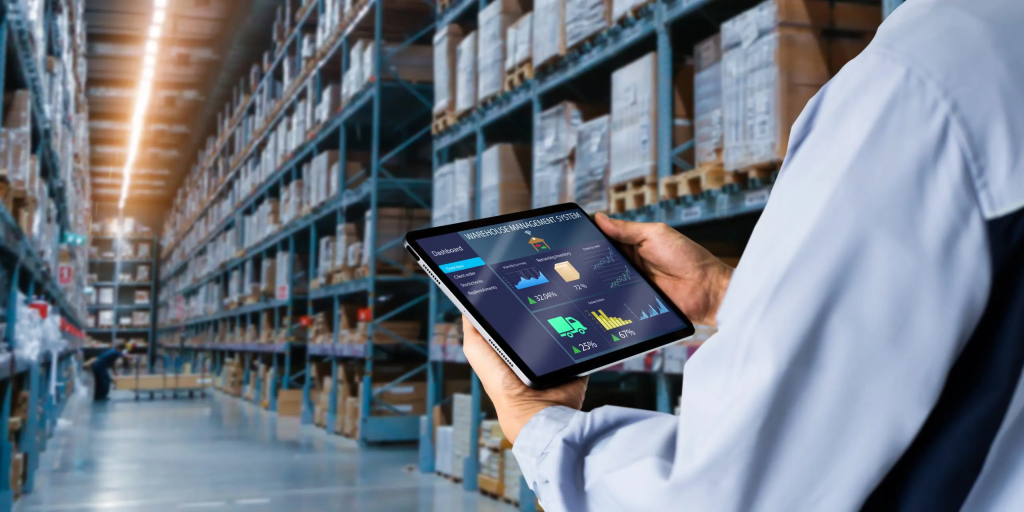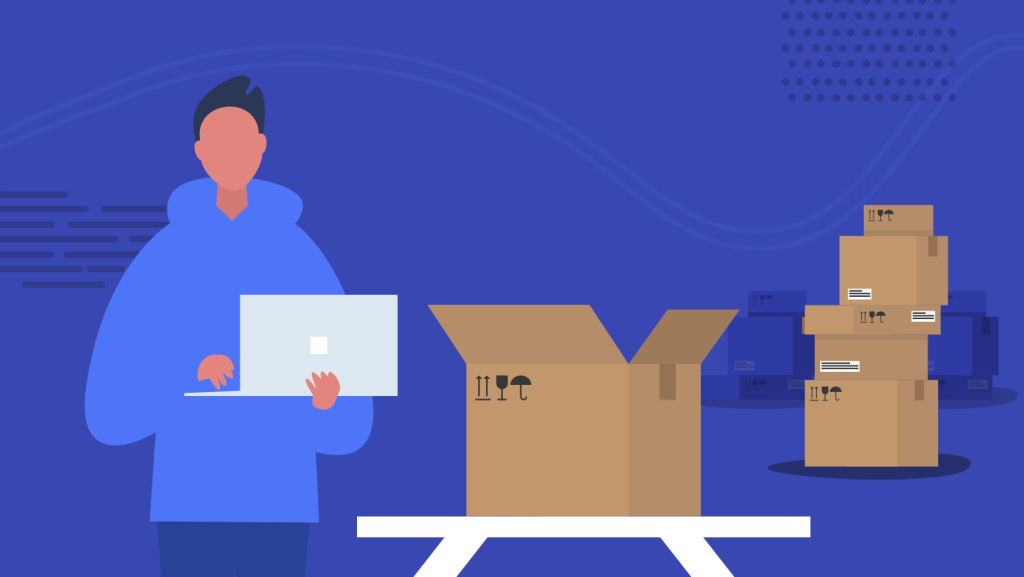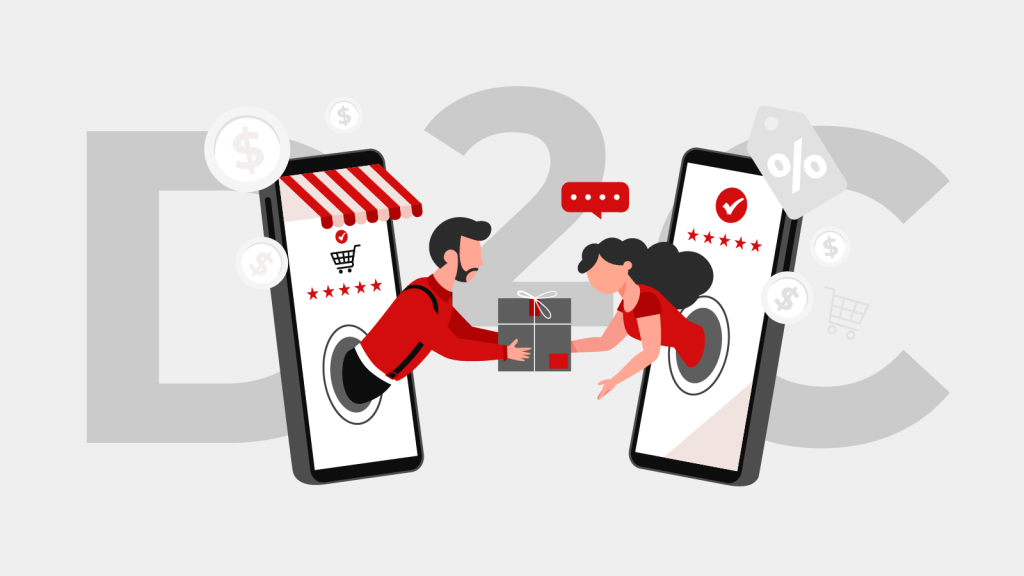The Role of Logistics Platforms in Enabling Global DTC Brands
Direct-to-consumer (DTC) brands have changed retail by selling directly to customers instead of through traditional distributors. It gives brands more control over pricing, customer experience, and brand story. However, growing a DTC brand globally brings challenges like international shipping, customs clearance, managing inventory in different locations, and providing fast local delivery. Modern logistics platforms help solve these problems, allowing DTC brands to expand worldwide efficiently and keep customers happy.

1. The Rise of Global DTC Brands
In recent years, the DTC model has gained momentum worldwide. Brands like Warby Parker, Allbirds, and Glossier have proven that companies can build direct relationships with customers across borders with strong branding, digital marketing, and seamless logistics. Global DTC expansion is driven by:
- E-commerce growth: Online shopping has become universal, opening opportunities for brands to sell directly worldwide.
- Consumer demand for authenticity: Customers prefer buying directly from brands for product authenticity and better service.
- Technology advancements: Cloud-based platforms, payments, and logistics solutions have made global selling more accessible.
Despite these advantages, global expansion has operational complexities can hinder growth if not managed efficiently.
2. Challenges Faced by DTC Brands in Global Expansion
2.1 Cross-border shipping complexities
Shipping internationally involves multiple carriers, customs documentation, duties, and taxes. Without reliable logistics support, DTC brands risk:
- Delivery delays due to customs issues.
- High shipping costs are reducing profit margins.
- Poor tracking visibility leads to customer dissatisfaction.
2.2 Multi-location inventory management

Managing inventory across global warehouses requires real-time synchronization to avoid stockouts or overselling. Without centralized visibility, brands may:
- Overstocking specific locations increases holding costs.
- Fail to fulfill orders efficiently, leading to canceled orders.
2.3 Localized Fulfillment Expectations
Global customers expect fast and affordable delivery similar to local standards. Without regional fulfillment partners, DTC brands may struggle to compete with local players or global giants like Amazon.
3. The Role of Logistics Platforms in Overcoming These Challenges
Modern logistics platforms are cloud-based solutions that integrate inventory management, order fulfillment, shipping, and tracking into a single interface. They connect DTC brands with global carrier networks, third-party logistics providers (3PLs), and customs brokers. Here’s how they enable global DTC growth:
3.1 Streamlined cross-border shipping
Logistics platforms simplify international shipping by:
- Automating customs documentation: Generating commercial invoices, HS codes, and other documents to reduce clearance delays.
- Providing upfront duty and tax calculations: Ensuring customers know the total cost, reducing refused deliveries due to unexpected fees.
- Multi-carrier rate comparisons: Selecting optimal carriers based on cost, speed, and destination to balance customer expectations with profitability.
For example, PostalParcel, a modern logistics platform, integrates global carrier APIs to provide automated customs forms, duty calculators, and end-to-end tracking for DTC brands shipping to over 200 countries.
3.2 Centralized inventory and order management

Effective inventory management is crucial for global DTC operations. Logistics platforms provide:
- Real-time inventory visibility across all warehouses, ensuring accurate stock data for customers and internal planning.
- Automated order routing: Directing orders to the closest fulfillment center, reducing shipping time and costs.
- Demand forecasting tools: Using sales trends to suggest inventory replenishment at regional warehouses, preventing stockouts during promotions or seasonal spikes.
3.3 Enabling localized fulfillment
Fast delivery is a competitive advantage for DTC brands. Logistics platforms connect brands to regional 3PL partners and fulfillment networks, enabling:
- Local warehousing: Storing inventory closer to customers to reduce shipping times.
- Same-day or next-day delivery options in key markets.
- Flexible return solutions: Facilitating local returns, which are critical for building trust in new markets.
For instance, a skincare DTC brand using PostalParcel can store products in the US, Europe, and Asia fulfillment centers, offering 2-day delivery globally while managing all inventory and orders from a single dashboard.
3.4 Enhancing customer experience
Global logistics platforms offer branded tracking pages, proactive shipment notifications, and transparent delivery estimates. It enhances the post-purchase experience, increases customer satisfaction, and drives repeat purchases.
4. Future Trends: Logistics Platforms and DTC Success

Looking forward, logistics platforms will continue to innovate to support global DTC brands by:
- Integrating AI for route optimization: Minimizing shipping costs and delivery times with intelligent algorithms.
- Expanding sustainable shipping options: Helping brands align with eco-conscious consumers through carbon-neutral logistics.
- Blockchain-based supply chain visibility: Ensuring transparency and authenticity for products across borders.
5. Conclusion
Logistics platforms are no longer just back-end tools. They are now essential for DTC brands to grow globally. They help with international shipping, managing inventory in different places, offering fast local delivery, and improving customer experience. It allows DTC brands to expand with confidence and compete worldwide.
For any DTC brand going global, choosing the proper logistics platform is as important as having good products and marketing. It ensures that brands keep their promises to customers, build trust, and grow in the global market.
Industry Insights
news via inbox
Nulla turp dis cursus. Integer liberos euismod pretium faucibua








